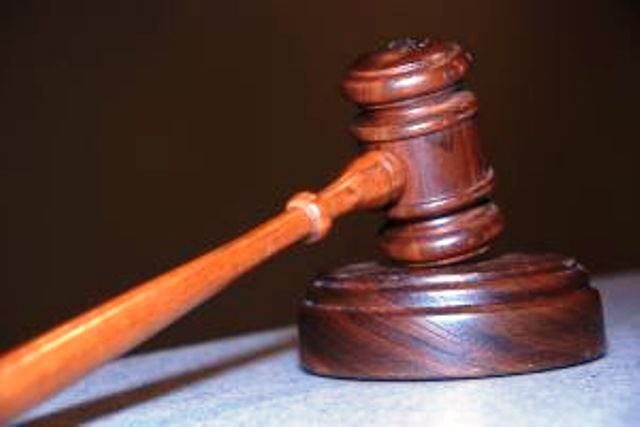Retracted statements raise concerns about investigation
Witnesses accuse police of coercing them into giving false statements

With several key witnesses deviating from their earlier statements in important cases being heard in anti-terrorism courts (ATCs) recently, questions have arisen over police investigation and prosecution practices under the Anti-Terrorism Act, 1997.
On Wednesday, a witness for the prosecution in a case pertaining to financial assistance of a proscribed organisation became the latest in a string of witnesses recanting their statements over the last couple of weeks, adding that he had been threatened by the Counter-Terrorism Department (CTD) police.
ATC-12 was hearing the case against Mohammad bin Shahzad and Rehan, charged with collecting funds for Jaish-e-Muhammad through a madrassa in Surjani Town.
A key witness for the prosecution, Mohammad Khawar, retracted his statement while being cross-examined, telling the court that the CTD investigating officer (IO) had pressed him to record a false statement against the accused.
Claiming that he had been detained by CTD officials, Khawar added that the IO had threatened to frame him in a case if he did not record a statement against the accused. He further said that he had not seen the two accused collecting any donations, adding that they did not belong to the banned organisation.
A worrying pattern?
This is not the first time in recent weeks that witnesses have accused the police of pushing them to make a false statement.
On July 21, two witnesses in the high-profile Naqeebullah murder case also deviated from their statements when they appeared in court, with one of them, police officer Shahzada Jahangir, telling the judge that he had been detained for over 10 days and was coerced into making a false statement by the police. He later submitted an affidavit to ATC-2, saying the earlier statement was based on lies forced out of him by the police.
The second witness, Muhammad Asif - also a police officer - told the court that the statement attributed to him had not been submitted by him at all.
Meanwhile, on July 24, an ambulance driver who was an eyewitness in the murder of a political activist, Irshad Ranjhani, told a court that the person he had previously identified as the attacker did not shoot Ranjhani.
The retractions have raised worried about investigative practices and the prosecution of cases. Senior advocates pointed out to The Express Tribune that the fate of any case depended on the investigation and the evidence presented, adding that the courts decide the verdict and punishment on the basis of the interrogation and witness statements.
"If an investigation is carried out and the witnesses deviate from their purported statements in court, it turns the investigation into a joke, especially in important cases," said a legal expert, adding that such incidents cast serious doubts on the police and the prosecution, and the judicial system as a whole. Not only that, but it increases the chances of an innocent person being punished for a crime they did not commit.
Another legal expert told The Express Tribune that police investigation needed serious improvement, especially in high-profile cases. "Senior police officials must take steps to correct the investigation department."
Published in The Express Tribune, July 31st, 2020.



















COMMENTS
Comments are moderated and generally will be posted if they are on-topic and not abusive.
For more information, please see our Comments FAQ